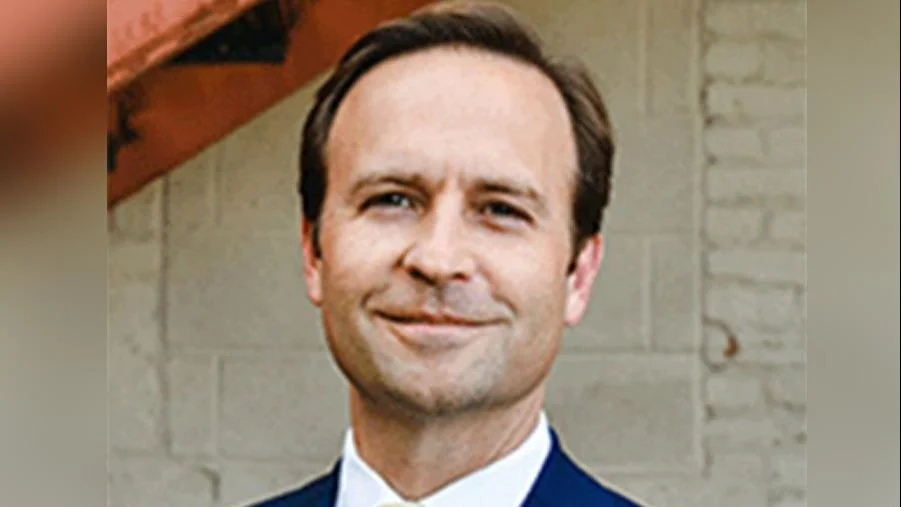Brian Calley President and Chief Executive Officer at Small Business Association of Michigan | Official website
Brian Calley President and Chief Executive Officer at Small Business Association of Michigan | Official website
Senate bills aimed at increasing unemployment insurance benefits in Michigan have passed the House, leaving only the governor's signature required for enactment. This marks the first modification to benefits in over two decades, reversing previous legislation from the Gov. Rick Snyder administration that reduced benefit weeks.
The proposed changes include a rise in weekly benefits from $362 to $614 by 2027 through annual increments and an extension of eligibility from 20 to 26 weeks. Speaker Joe Tate (D-Detroit) and approximately 17 House Democrats celebrated the passage of this expansion during a press conference.
Michigan AFL-CIO President Ron Bieber stated, "This is a huge victory for Michigan’s working people." He emphasized the importance of strong unemployment benefits as a safety net for workers who lose their jobs unexpectedly.
Despite this development, Tate indicated that there would be no negotiations with the business community regarding changes to the upcoming paid sick leave law. Business groups had suggested they might accept higher unemployment benefits if it came with more system stability and reforms in earned sick time.
The business community has not specified how much they are willing to compromise on unemployment insurance increases but suggested a phased approach over five to seven years. They also requested measures like reporting job interview no-shows and adjustments to the Earned Sick Time Act for employers already offering sufficient paid sick time.
Dave Woodward, an advisor on One Fair Wage and Paid Sick Leave initiatives, expressed skepticism about compromising with Republicans or business interests, given Democrats' majority in both legislative houses. A UAW source echoed this sentiment, urging support for SB 40 without diluting related legislation.
The House approved SB 40 by a vote of 58-51, along with other related bills by similar margins. Rep. William Bruck (R-Erie) voiced concerns about potential negative impacts on businesses, stating that unemployment is meant as a temporary aid rather than a living wage. Conversely, Rep. Jim Haadsma (D-Battle Creek) described unemployment benefits as essential support during transitional periods.





 Alerts Sign-up
Alerts Sign-up